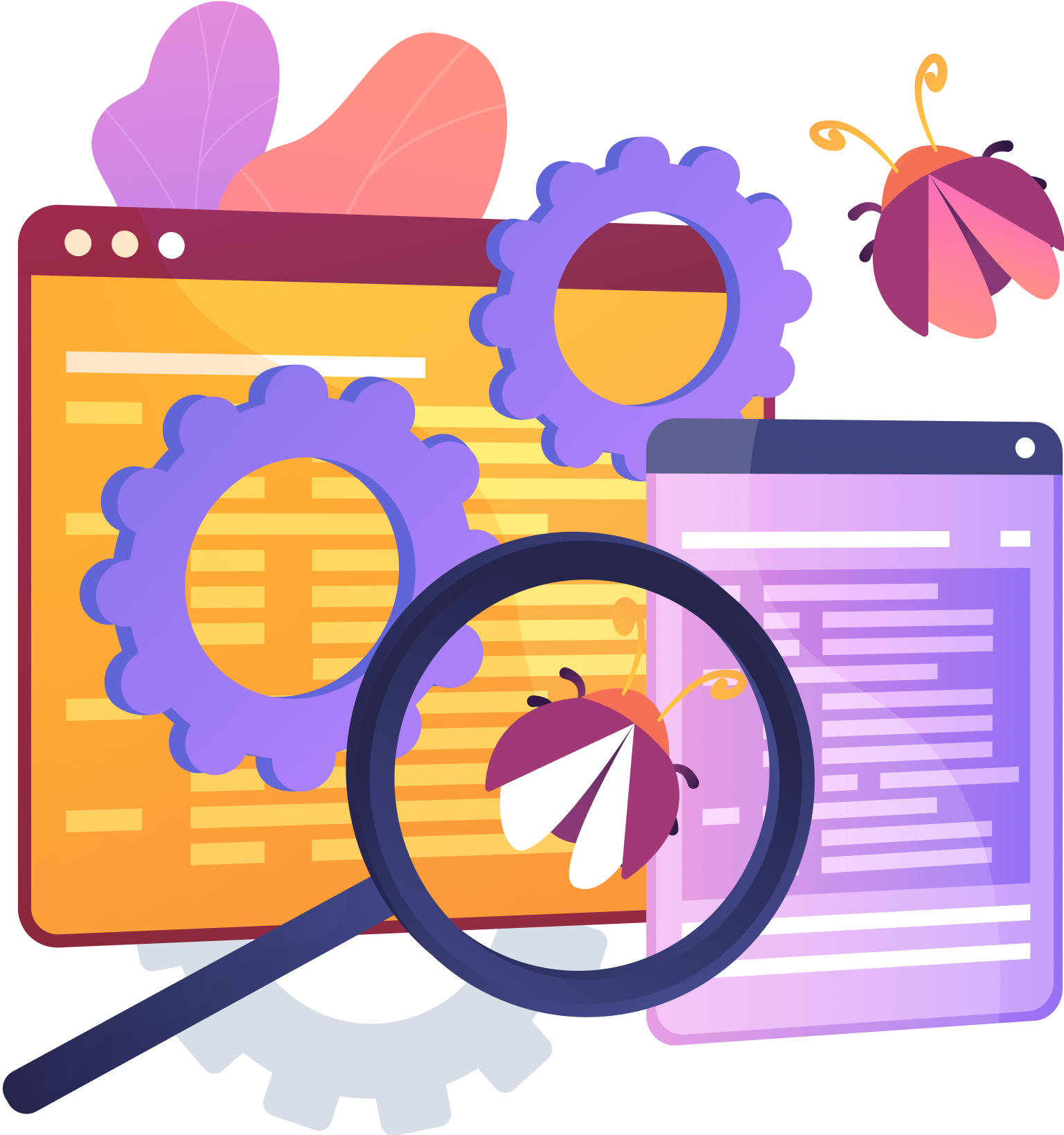IoT Technology Can Help Manufacturing Industry Grow Faster and Cost Less

IoT refers to the network of physical devices, vehicles, buildings, and other items embedded with electronics, software sensors, actuators, and connectivity. They enable these objects to connect and exchange data without requiring human-to-human or human-to-computer interaction.
The internet of things (IoT) is transforming many industries worldwide. If you are looking for the leading IoT technologies or a list of top IoT solutions, this article is for you. I have listed some of the best industrial IoT software/application solutions to help all manufacturers benefit from Industrial IoT sensors.
Industries are adopting innovation like never before; the Internet of Things (IoT) has made things more accessible. It is one of the most effective digital data capturing, processing, and analysis innovations. These tools help manufacturers reduce operational costs, increase agility and velocity, and increase internal efficiency and external collaboration.
The global IoT in the manufacturing market is expected to grow at a CAGR of 33.09% during the forecast period and reach $434.1 million by 2023.
How Can IoT Technology help in the Manufacturing Sector?
In the manufacturing sector, IoT technology transforms how factories operate and produce goods, increasing efficiency, productivity, and cost savings.
Let's understand what is (IoT) the Internet of Things and how that has revolutionized how we live, work, and play. The emergence of the IoT has been made possible by the advent of low-cost microcontrollers with powerful embedded processors and the evolution of wireless communication protocols like Wi-Fi and Bluetooth. The manufacturing sector is one of the most critical sectors of the global economy, evolving with the demands of the modern world.
There have been several challenges of IoT in manufacturing, but even so, it has been one of the first adopters of internet of things technology. With massive investments in research and development, digitization, and automation, manufacturing has emerged as one of the most prominent industries.
IoT technology can help manufacturers in the following ways:
1. Analysis of data from sensors and devices to optimize production.
2. Preventive maintenance based on predictive analytics.
3. Reducing downtime and increasing equipment efficiency with real-time monitoring.
4. Increase productivity through automation, process optimization, and asset management.
5. Ensuring product quality through sensor-enabled tracking at every stage of production.
Smart manufacturing IoT has emerged as a critical technology in manufacturing that allows manufacturers to improve their processes in several ways, such as by collecting data related to their operations. They can improve their supply chain management, optimize production lines and reduce waste; they can connect all parts of the supply chain and make them work together more efficiently; they can automate tasks that were previously done manually; they can ensure that every single piece produced is working correctly before shipping it out; can remotely monitor assets on-site or at remote locations such as mines; they can use predictive analytics tools to predict failures before they occur; etc.
What are the Benefits of IoT in the Manufacturing Industry?
The Internet of Things (IoT) is a network of physical objects or "things" embedded with electronics, software, sensors, and connectivity which enables these objects to collect and exchange data over a network that requires a specific interaction.
IoT solutions can be implemented across industries such as healthcare and banking but can also be helpful for other sectors like manufacturing. For example, an IoT solution can help manufacturers reduce costs by improving efficiency and error rates. It can also help them improve quality control by using intelligent sensors which monitor every step from raw material to finished product.
The Benefits of IoT in the manufacturing industry will be as follows:
1. Improved quality control: IoT in manufacturing market sensors can be used to monitor the quality of products throughout their life cycle and provide real-time feedback on performance also enables manufacturers to identify issues before products are released.
2. Reduced waste: Intelligent tools such as 3D printers or computer numerical control machines (CNC) enable manufacturers to produce parts more efficiently and reduce waste materials.
3. Improved efficiency: Advanced analytics software can help businesses to optimize production processes by predicting product demand, optimizing supply chains, and managing inventory levels.
4. It helps enterprises achieve faster time-to-market by automating inventory management and quality control processes.
5. It helps enterprises reduce operating costs through automation and optimization of resources.
6. It helps enterprises improve customer satisfaction by collecting data from end users and understanding their needs better.
7. IoT offers a promising future for the manufacturing industry. It also has weaknesses and advantages that need to be discussed at length before finding solutions to match.
Several issues of IoT in manufacturing, like security, privacy, compliance, and disadvantages, must be addressed before implementing any device on a network.
System manufacturers can introduce and improve existing products by implementing an Industrial IoT. It also looks for ways to reduce operating costs by reducing the human intervention required to produce goods. At the same time, there are still challenges associated with IIoT systems, which are generally within resolution through development.
The industrial Internet of Things (IIoT) assists manufacturing companies in the more effective management of their plants. The industry benefits are enormous, with the ability to increase quality and profitability with decreased costs. The IIoT offers several potential advantages that enhance manufacturing capacity and capabilities. It improved material utilization, efficient waste reduction, optimized maintenance, and ROI. It also increased productivity and worker safety and created new business models to develop innovative customer solutions.
IoT is the future, and it's amazing what this technology can do. IoT will become a very successful business soon since it has shown that it can grow faster than other technologies. I'll quickly use IoT sensors in all of my home systems.









